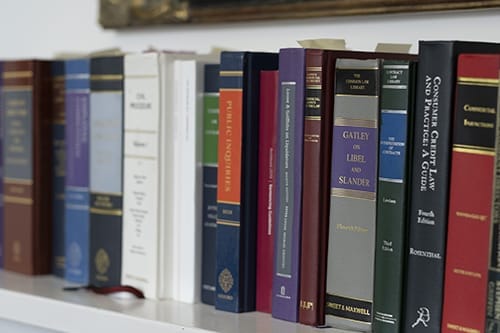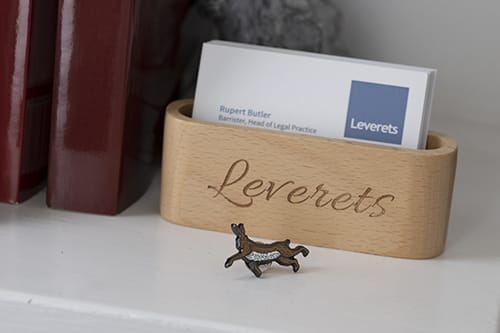The Rise in Litigants in Person
Search Posts

Company and Commercial litigation
We act on behalf of large international enterprises, UK institutions, SMEs, and high net worth individuals across all aspects of company and commercial litigation.

Personal and Corporate Insolvency
An exacting field, insolvency cases require the very highest levels of precision and expertise. Our blended team guarantees superior results whatever the nature of the case.

Civil Fraud
The number of civil fraud cases heard in the courts has undergone a 50% rise in recent years.

Public Inquiries
Our specialist team have significant experience both of representing individuals, private organisations, campaigners, charitable organisations, and public bodies who find themselves under scrutiny, required to give evidence, or face the prospect of appearing at a hearing.



Two news stories caught my attention in January. The first was a story of a High Court Judge urging a litigant in person (LIP) to instruct a lawyer, after a catalogue of errors put their action at risk, and the second concerned an LIP being ordered to pay £10,000 of costs for conduct and actions that had crossed the line.
I frequently deal with LIPs and can attest to the extra burden they place on myself, my client, and the process of justice. As a lawyer I have a responsibility to manage an LIP fairly, whilst also keeping my client’s best interests and the pursuit of a successful outcome front of mind. Of course, I also have my duty to the court. Ultimately however, it’s not my job to do an opponent’s work for them.
So, what’s the best way forward?
LIPs on the rise in the UK
A litigant in person is defined as an unrepresented party (either an individual, company or organisation) or a self-represented party. This means they do not use the services of a solicitor or barrister.
Unsurprisingly, given the current cost-of-living crisis and cuts to legal aid, we’re seeing a steady increase in the number of LIPs appearing in civil court proceedings. Access to justice for all is a central rule of law, and I believe strongly that we must improve the experience of people navigating the legal process alone – not only for the individual involved but for lawyers acting against them, and ultimately for the successful administration of justice.
The problem with LIPs
There’s no avoiding the difficulties posed by LIPs – such as understanding the etiquettes and nuances of the legal system and court process, and the risk of falling foul of breaches of the Civil Procedure Rules (I’ve seen an LIP in the unfortunate situation of having evidence struck out, not because it lacked merit, but because the disclosure rules were not followed). Inexperience and lack of access to the technology required to prepare court bundles are other examples. Then there are the associated delays, which put even more pressure on the Court system.
Litigants in Person often hold the perception that the courts will “go easy on them”, and whilst Judges are sympathetic to LIPs, there will always exist a lack of tolerance for non-compliance with rules and procedures, which are available for everyone to access with the right Google search. The judgement of the Supreme Court in Barton v Wright Hassall LLP [2018] springs to mind. Whilst the Judge acknowledged that restrictions in legal aid meant the claimant acting as litigant in person was “not a matter of choice”, this was no justification for applying a lower standard of compliance with the rules and orders made by the court.
Time for a new approach
A hybrid approach seems a logical way forward for those who do not wish to utilise or cannot afford, full legal representation. Leverets, a uniquely combined solicitor and barrister practice, provides an alternative support strategy for litigants in person.
We work with LIPs on an ad-hoc basis at appropriate stages of the dispute process to ensure they avoid the common pitfalls, without incurring huge fees. We also provide direct access to our in-house barrister for advice with hearings and how best to represent themselves at all levels of court.
Every LIP has different needs. Being able to access help at different points throughout a dispute with support tailored to their specific matter, capability, and level of confidence will ensure better experiences and outcomes for all.